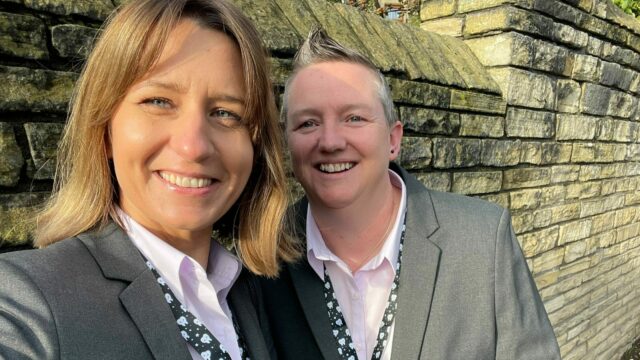Dental nurse training has a theoretical component and a practical component. The former is to give you the necessary information not only so that you can carry out your job in a safe manner but also that you understand the reasoning and process behind a dental treatment both of which are essential to be a successful dental nurse.
The training components of the course include various sciences, infection control and hands-on training on different dental treatments. It’s a process that can take around 24 months and during this time you’ll need to need to manage your time efficiently to learn new content, complete assignments and exams. It’s quite easy to get overwhelmed, but here we have put together some tips to make that journey more manageable because dental nursing is a fun, skilled and rewarding profession where you can help so many people make a difference to their oral health and smile.
Tips from Top Dental Professionals
- Stay on top of your course and spare time to take in the information as it’s being delivered. Leaving it for another day will only cause backlog and unnecessary stress.
- Sleep, sleep, sleep. I cannot emphasise this enough. Staying late to study and not getting a good nights sleep will have two effects: reduce your ability to focus your attention and will prevent you consolidating the information learnt.
- Stay organised: make a list or table and tick things off as you complete them. Tasks can start accumulating and it’s easy to forget important things.
- Study with other colleagues. You can retain more information from your discussions and work through difficult subjects together. Also, it is more fun.
- Ensure that you have a rest day. When you switch off from dental stuff to let your brain relax.
- Find a style of learning that suits you. This may be writing notes, making a mind map or using flashcards. Mind maps are useful at connecting information and seeing the bigger pictures, whereas flashcards are good at retrieving information and showing you how much you know. You may choose to use one option or a combination like notes and mind maps or flashcards. Some free of charge examples include:

![]()

- Make a useful reading list. Become more knowledgeable by reading up on useful websites like GDC, British Dental association, British Dental Journal, Dentistry, SDCEP.
- Ask questions. Whenever you find something that you don’t understand ask your tutor or your mentor dentist. By doing this you’ll likely widen your knowledge and enjoy your job more too.
- If you struggle to meet a deadline it’s okay. Don’t postpone it and let your course tutor know. They’ll be able to help you with an alternative option.
- Keep fit. Although your diary might seem busy make sure that you look after yourself. Keep up your exercise even if this might need reshuffling around your new schedule. It is especially important considering the tension that will be built up in your back as you assist in treatments.
- Be mindful of the patient. When working in the patients mouth you want to be as gentle as possible. Think how you’d like to be treated.
- Work with different clinicians. You’re likely to pick up different skills and tips as you find your natural way of doing things.
- Be proactive. Volunteer to assist wherever possible and you’ll see your manual dexterity skills and knowledge increasing.
- Ask for feedback. After a procedure ask what you did well and how you can improve. You can then put that into practice in the next dental treatment.
The Importance of Hands-on Learning
There is no book that can replicate the knowledge and the skill that you will gain by actually doing things. There is greater potential for reflection and therefore development. This will give an incomparable opportunity to interact with patients and build up your communication within the team and your patient manner. All courses incorporate a practical component to enable your dental nursing skills development. Here at Cavity our dental nursing course provides you with hundreds of hours of ‘on the job’ training to maximise your skills and confidence before graduating you. By placing you in a dental practice, you will be training in a real environment giving you the exposure that you need to grow your skills and become comfortable with the role. Throughout the duration you will be under supervision of the dentist and a qualified dental nurse, and you can ask questions and get help at any time.
Training to become a dental nurse is an exciting time. It’s a time to grow your knowledge and become skilled. Simple changes such as staying organised, being proactive and taking care of yourself through regular exercise and sleep can enable you to ace your training and have a fun time.
